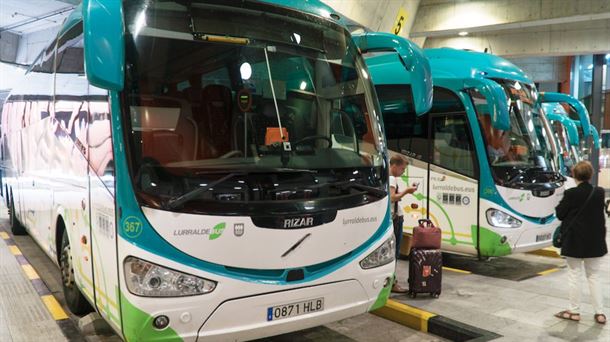Amid the worst economic and financial crisis in their country’s history, Lebanese have elected a new parliament. Given the difficult situation, many younger voters in particular hoped that opposition candidates would win on Sunday. They blame the parties that have been in power for decades for the downturn.
Nearly four million people were called to elect the 128 members of the House of Representatives in the first parliamentary elections since the explosion nearly two years ago that massively devastated the port and center of the capital Beirut. In Beirut there were long traffic jams on the streets in the morning and queues at polling stations. The first preliminary unofficial results could be available on Sunday evening.
The severe economic and financial crisis started in the autumn of 2019 and affects large parts of the population. According to the UN, about three quarters of the people in Lebanon now live below the poverty line. The Lebanese currency has lost more than 90 percent of its value. Inflation is over 200 percent.
In daily life, the Lebanese struggle with insufficient supplies. Many households only have electricity for a few hours a day. Vital medicines are also missing. Lately, concerns about a bread crisis have grown.
Election predictions hardly possible
Due to a complicated voting system, more accurate predictions are hardly possible. However, the chance of major changes is small, says Lebanese political professor Imad Salamah. “The electoral system is tailor-made to preserve the political establishment.”
Many observers expect Iran-affiliated Shia Hezbollah to consolidate its already strong position. It is unclear what effect the resignation of the most important Sunni politician Saad al-Hariri will have for him. The ex-Prime Minister surprisingly announced in January that he would not run for office.
Desire for a “new and cleaner political class”
The number of opposition candidates is greater than in previous elections. Many stem from the mass demonstrations against the political leadership that erupted in 2019. According to a survey commissioned by the Konrad Adenauer Foundation, the fight against corruption is the main challenge for many Lebanese. Many also want a “new and clean political class”.
“We want change,” said an opposition supporter outside a polling station in Beirut. “It’s going to be difficult to do everything at once. But it has to get better.” Every voter has to dip a finger in blue ink after voting to avoid a double vote, which some opponents of the ruling parties used to show a sign of protest: they spread photos of their blue-colored middle finger outstretched on social media .
Fragile balance of denominations
Lebanon’s political system is characterized by a fragile balance between denominations. The head of state is always a Christian, the head of government a Sunni and the speaker of parliament a Shia. Critics say key decisions are made by leaders outside parliament.
More than 190 people were killed in the explosion in the port of Beirut on August 4, 2020. About 6000 people were injured. The exact cause of the explosion is still unclear.
Source: Krone
I’m Wayne Wickman, a professional journalist and author for Today Times Live. My specialty is covering global news and current events, offering readers a unique perspective on the world’s most pressing issues. I’m passionate about storytelling and helping people stay informed on the goings-on of our planet.



